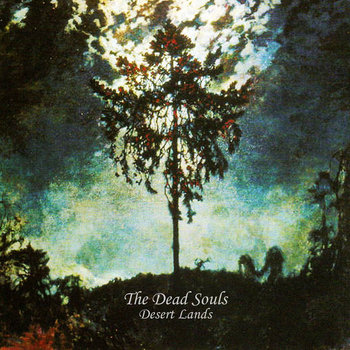

It is hard not to comment, in common with a number of reviews (. To read the rest of this review, go to The Washington Post:ĭead Souls is the Gogolian title of the debut novel from Norfolk-born poet Sam Riviere. Riviere unleashes a flock of winged devils to tear apart the hermetically sealed world of privilege, praise and publication in which a few lucky writers dwell. Indeed, I think “Dead Souls” is one of the wittiest, sharpest, cruelest critiques of literary culture I’ve ever read. One of the book’s blurbs claims it’s “gut-wrenchingly funny,” which may be true for a certain subset of lute-playing spoken-word baristas in Brooklyn, but others should temper their expectations. There’s also the matter of its subject: “Dead Souls” is an exceedingly cerebral comedy about the viability of contemporary poetry. It felt like wandering around the mall for six days looking for a place to sit down.īut the structure is not the most daunting aspect of Riviere’s novel.

Never in my life have I so missed the little periodic indentations of ordinary prose.

“Dead Souls,” by the English writer Sam Riviere, is hard to stop reading because it’s written as a single paragraph almost 300 pages long. Wiese reveals his unconventional views on poetry, childhood encounters with "nothingness," a conspiracy involving the manipulation of documents in the public domain, an identity crisis, a retreat to the country, a meeting with an ex-serviceman with an unexpected offer, the death of an old poet, a love affair with a woman carrying a signpost, an entanglement with a secretive poetry cult, and plans for a triumphant return to the capital, through the theft of poems, illegal war profits, and faked social media accounts-plans in which our narrator discovers he is obscurely implicated.ĭead Souls is a metaphysical mystery brilliantly encased in a picaresque romp, a novel that asks a vital question for anyone who makes or engages with art: Is everyone a plagiarist? Later that same evening, at a bar near Waterloo Bridge, our narrator encounters the poet in person, and listens to the story of Wiese's rise and fall, a story that takes the entire night-and the remainder of the novel-to tell. As the unnamed narrator of Dead Souls discovers at a cultural festival in central London, the offender is Solomon Wiese, a poet accused of plagiarism. For readers of Roberto Bolaño's Savage Detectives and Muriel Spark's Loitering with Intent, this metaphysical mystery disguised as a picaresque romp follows one poet's spectacular fall from grace to ask a vital question: Is everyone a plagiarist?Ī scandal has shaken the literary world.


 0 kommentar(er)
0 kommentar(er)
